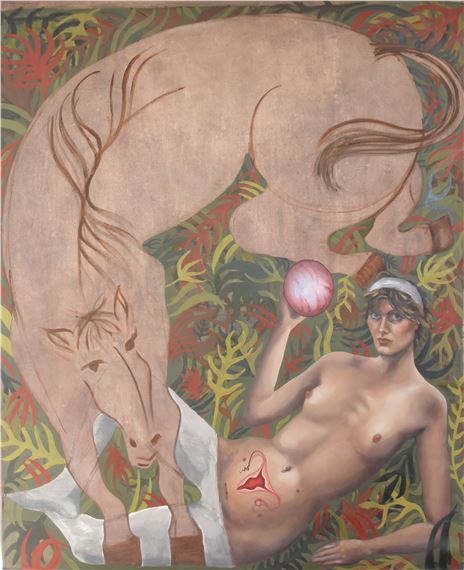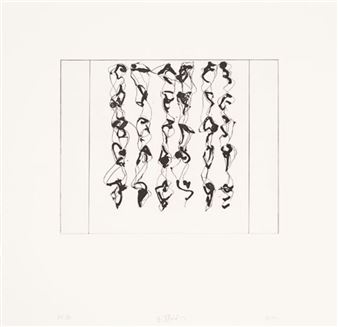Hysteria
Hippocrates believed that the cause of health conditions in women originated from the womb, the ancient Greek translation of which was ‚Äėhustera‚Äô. Over the next four thousand years, the term ‚Äėhysteria‚Äô was both a scientific and demonological diagnosis for women. Today, gender bias, the historical exclusion of women in clinical trials, and the difference between interpretations of pain between the sexes has resulted in a continual dismissal of female illnesses as exaggerated or imaginary. The group show 'Hysteria' will draw attention to women‚Äôs physical and mental health and their multifaceted experiences of their endeavour to receive support.

Recommended for you
Hippocrates believed that the cause of health conditions in women originated from the womb, the ancient Greek translation of which was ‚Äėhustera‚Äô. Over the next four thousand years, the term ‚Äėhysteria‚Äô was both a scientific and demonological diagnosis for women. Today, gender bias, the historical exclusion of women in clinical trials, and the difference between interpretations of pain between the sexes has resulted in a continual dismissal of female illnesses as exaggerated or imaginary. The group show 'Hysteria' will draw attention to women‚Äôs physical and mental health and their multifaceted experiences of their endeavour to receive support.
Related articles
Divided into two floors across Gillian Jason Gallery’s space in Central London, Hysteria offers viewers a solemn yet reflective exhibition of twelve international female artists whose works focus on the gender bias prevalent in mental, physical, and sexual health.

 ARTISTS
ARTISTS
















